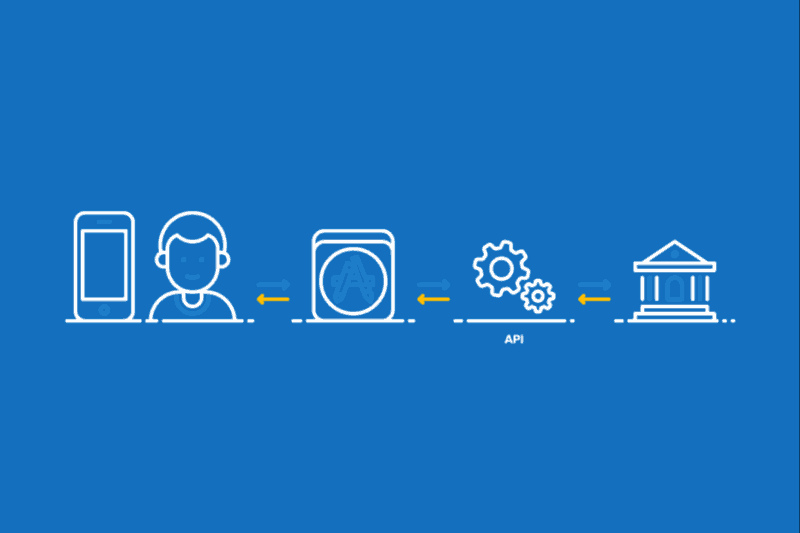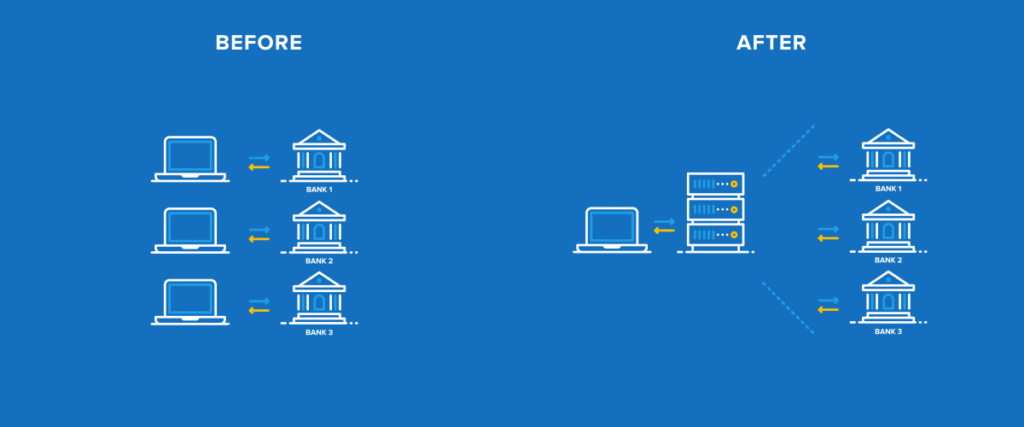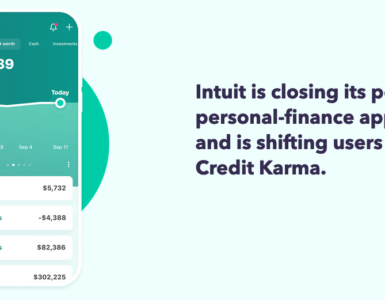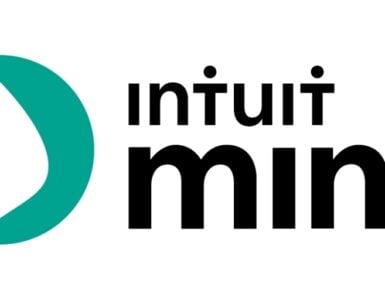Open Banking is the most interesting thing that has happened in finance in the last twenty years. This will enable thousands of entrepreneurs to build a better future and have an impact on people’s lives. Open Banking is defined as the ability to securely access financial data through the use of open APIs.
What is an API?
This is the technology that will make Open Banking happen. API stands for Application Programming Interface; this is a software, accessible to a group of people, which can complete certain tasks. In the case of banking, the software will be publicly available and enable people or third party services to access financial data safely.
You use APIs on a daily basis without even knowing it. For example, when you search on Google. The words you type in are sent to an API that internally processes them and returns a set of results.

Why is Open Banking important?
We come from an era where you grow up, open a bank account, start working and always interface with your bank. Every single day, while you buy grocery or eat a sandwich and use your credit card, you generate data, which is owned by your bank. This usually means whenever you need a loan, a mortgage or any other financial product, you go to your bank and the story ends there.
With the introduction of Open Banking, the data you generate is owned by you and it’s up to you to decide with who you want to share it. Your bank doesn’t have any final word. This means when you really need something you can go to a third party service and decide to share your data. In this case, the third party can have access to things that were only available to the bank before and make better choices.

The regulations
The term Open Banking usually refers to two pieces of financial regulation:
- The Competition and Markets Authority’s (CMA’s) ‘Open Banking Remedy’.
- European Payment Services Directive 2 (PSD2).
PSD2 is an European Directive that aims to regulate payment services and payment service providers within the EU. The main objective is to increase competition and participation in the payments industry and also from non-banks.
The CMA is non-ministerial government department in the UK, responsible for strengthening business competition through preventing and reducing anti-competitive activities. After an investigation into the retail banking industry, the organisation has laid out a set of remedies to improve it, including the need of Open Banking standards.
The aim
Open Banking requires firms to:
- Make it possible for people to share their financial data.
- Allow third parties to initiate payments directly from a person’s account.
- Make public and openly share their product information.
With this vision, the main aim is to increase competition in the market by driving innovation in the quality of products and services that customers receive.
The CMA has found that the current account market has several holes. These include complex pricing, low customer switching, difficulties in comparing products and high charges on overdrafts. In this scenario, people are paying more for lower quality services.
In addition, the PSD2 legitimises payment initiators and aggregates, bringing better consumer protection, improved security and clarity about liability for unauthorised transactions.
The key benefits
Having financial data available gives the opportunity to innovate. In this context, entrepreneurs have the possibility to create new markets and businesses based on the data. This will have a strong impact on your life and you will see new financial products being created. There are, in particular, six key areas which will benefit with Open Banking:
- Aggregation: having all your financial products in one place.
- Analysis: understanding your finances better.
- Monitoring: monitoring certain aspects, such as overdrafts, bills or subscriptions.
- Recommendation: receiving recommendations based on your needs.
- Automation: automate different aspects of your personal finance.
- Payment requests: ability to make money transfers from third parties.
What’s next?
“The best way to predict the future is to create it.” (Peter Ducker)
In 2018, we should be able to assist at the stage two of the CMA remedies delivered, which is the ability to access Open Banking APIs. We are still waiting, but we know the future can not be predicted, but built. That’s what we are doing at Emma.
We want a future where a financial advocate can be here to help you, regardless of who you are and where you come from. This is part of our mission. Further, we are excited of the opportunities that are arising and are happy to see dozens of entrepreneurs working on amazing challenges that weren’t accessible before.
Open Banking will be key for the work we have set to do, so we can’t wait any longer. 🙂







[…] truly believe the whole ecosystem is on the verge of a finance revolution, thanks to Open Banking and PSD2, and are excited to be part of […]